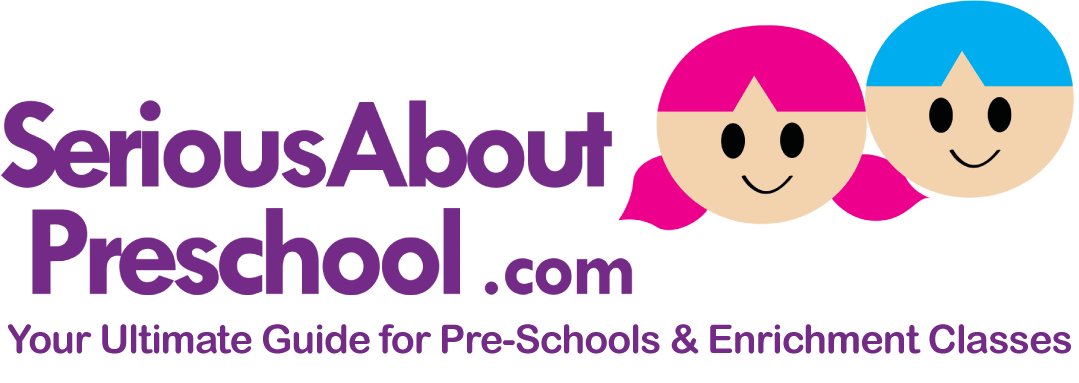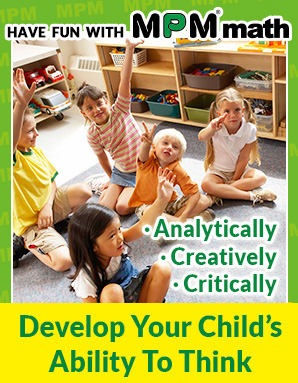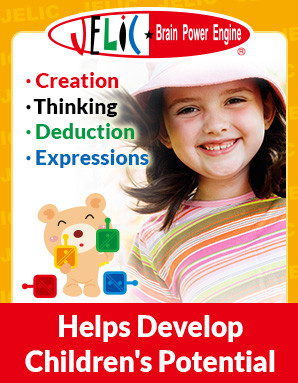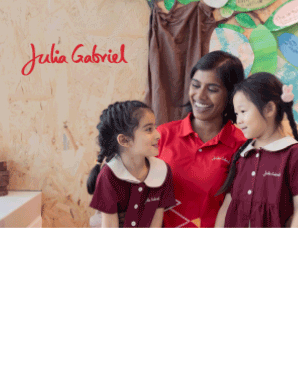Question:
Is it too early to start science enrichment or tuition for my P3 boy?Asked By : sarahxx
Words from the Expert:
Question: I heard P3 science is easy, do I need to start exposing my P3 child to the subject
Answer:
The science syllabus from Primary 3 to Primary 6 is a carefully designed one that focuses on the gradual progression of content, skills and techniques. Hence, starting early will allow your child to build a strong foundation and draw connnections to more complex concepts and skills in Primary 5 and 6, optimising his or her performance in the PSLE.
Topics covered in Primary 3 are tested in the PSLE. They also lay the foundation for your child’s understanding of other topics in later years. For example, in Primary 3, students learn about the properties of magnets. At Primary 5, students link the properties of magnets to electricity and electromagnets. Their content knowledge through these years is further integrated into Primary 6 topics like force when they learn about magnetic force. As there is a clear progression of content from Primary 3 to Primary 6, starting your child off on the right foot will minimise knowledge gaps.
Apart from content knowledge, the science curriculum in Primary 3 exposes students to question analysis skills and answering techniques. Cementing these skills early on is critical as these are the foundational skills on which they build higher-order skills in upper primary, like inferential skills, which are critical in tackling the challenging Free Response Questions in the PSLE.
Students also learn to analyse data in tables, flowcharts and classification charts in Primary 3 before encountering more complicated data in Primary 4. After cementing their analytical skills, students are taught to analyse more complicated diagrams like bar graphs in Primary 5 and 6. To faciliate your child’s progression of skills, exposing him or her to data analysis early on is important
At The Learning Lab, we nurture your child’s love for learning and enable your child to achieve learning outcomes at every level through hands-on experiments and activities. We believe that exposing students to the practical application of theoretical concepts stimulates their development and accelerates their learning. For example, to show how living things respond to stimulus, students observe the differences in how live earthworms respond when provided with a dark place and a place that is brightly lit with a torch light. Arriving at their own deductions allows the students to retain information better and recall and apply it to the more abstract concepts they encounter in upper primary.
As your child’s interest in the subject grows, so does his or her progression of content knowledge, skills and techniques, setting your child up for academic success.
Karen Lau
Lead Head of Science
The Learning Lab



















